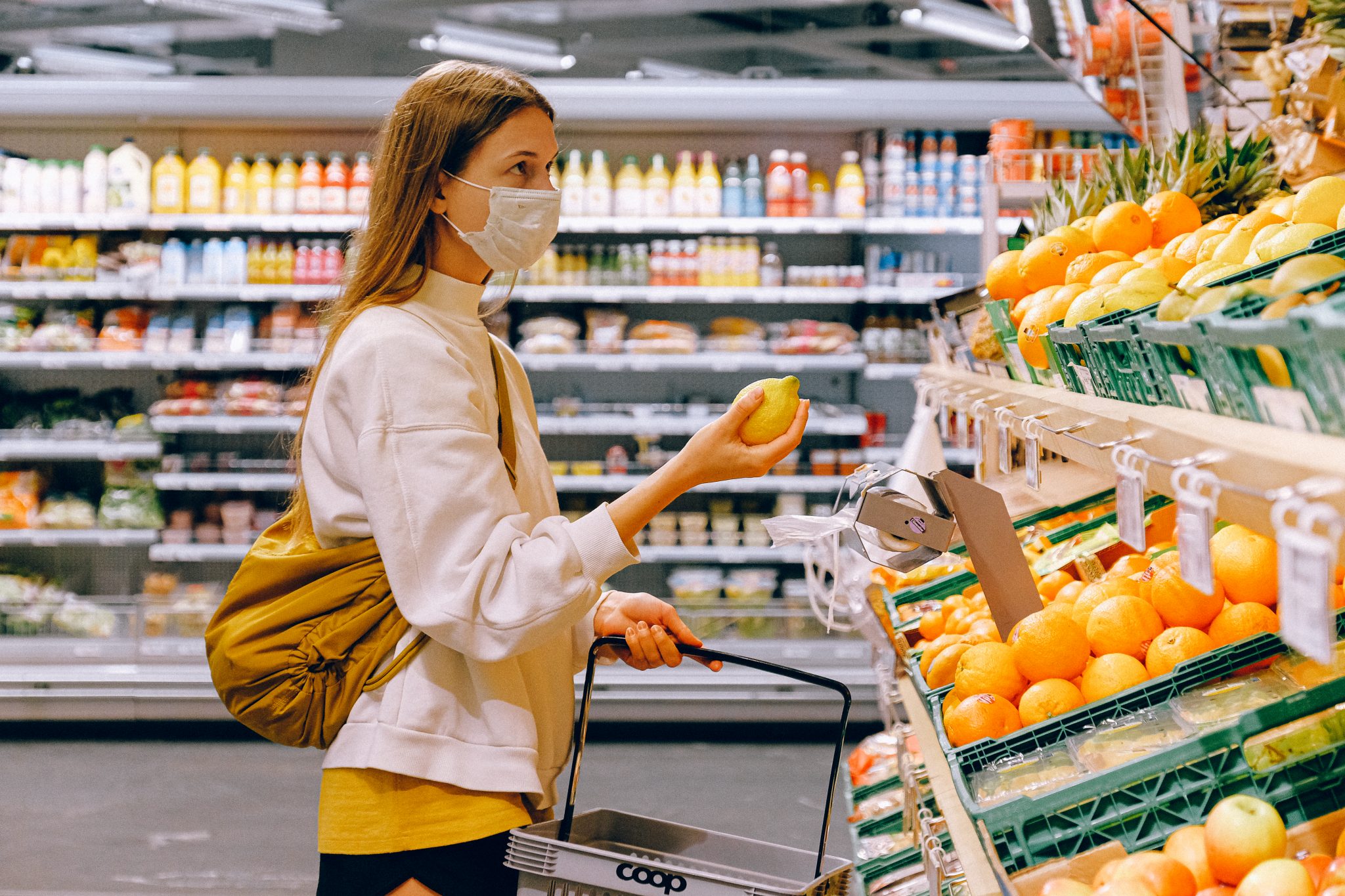There is one overriding purpose to government at the moment and that’s injecting confidence back into UK PLC. Every sinew is being strained and every policy lever pulled to get a recovery plan going. Record amounts of money are being pledged to support businesses and incentivise people to start spending again. Task forces are being set up, advertising campaigns rolled out and ministers taking to the airwaves to rouse the nation’s spirits.
The only problem is that everyone seems to think only the Treasury can unlock the UK economy. Financial measures are indeed a powerful way to motivate human behaviour and it’s to the Government’s credit that they’ve thrown the kitchen sink at trying to kickstart a much-needed recovery. But economic stimulus is not the only way to assure or indeed motivate people to hit the shops after the worst pandemic in living memory.
If we’re to really rebuild confidence in our towns and cities as places to work, visit and spend money in, then economic measures need to be accompanied by a robust ‘safety first’ culture to give people assurance they’re not gambling with their health. That means widespread use of face coverings in public places, a better system to test, track and isolate cases of coronavirus and thermal surveillance cameras to identify people who may have coronavirus.
Over the last 24 hours the move to make face coverings mandatory in shops from 24 July shows there’s a recognition that more attention needs to be paid to getting a safety culture in place.
This is to be welcomed and, as someone who’s spent the last few months driving a public health campaign to get people to wear face coverings, I can see the difference it’ll make.
Launched with fashion designer and BBC’s Great British Sewing Bee judge Patrick Grant, the Big Community Sew aims to provide neighbours, key workers and friends with sufficient face coverings to keep others safe and stop the spread of the virus.
Sewing volunteers from across the UK have supplied people with well over half a million free face coverings so far and partnerships with the likes of Aldi, Blackburn Rovers and SPAR have helped us scale up our efforts and reach many vulnerable people. A partnership with the Felix Project, for example, saw some 10,000 face coverings distributed to the elderly across London.
But none of this is easy, and it’s no secret that Britons are less likely to wear face coverings than other countries in Europe. There are many reasons for this, but the fact that 120 countries around the world have made wearing masks in public spaces compulsory should give us pause for thought. A recent report by the Royal Society, which showed that wearing a face covering in public significantly reduced the risk of the wearer transmitting the virus, speaks volumes. As does the fact that countries which quickly resorted to widespread mask wearing had fewer deaths.
It’s not rocket science to say that if people don’t feel safe they’re unlikely to want to go out and go to a pub, visit a restaurant or do some shopping. There’s no avoiding this and that’s why we all need to work harder to put safety measures in place and make sure people realise the ‘new normal’ is not the old normal.
We still have a long way to go to beat this virus and if there’s one thing I’ve learned from the Big Community Sew, it’s that the small gestures of looking out for people and checking in on neighbours mean an awful lot. Making sure people are safe and helping them adjust to a new environment is going to be key to rebuilding confidence.
Making face coverings mandatory is a step in the right direction. But government, and leaders in our towns and cities, cannot afford to let up on the importance of safety. If we don’t get our safety messaging right, then I fear a lot of subsidy is going to be wasted.


